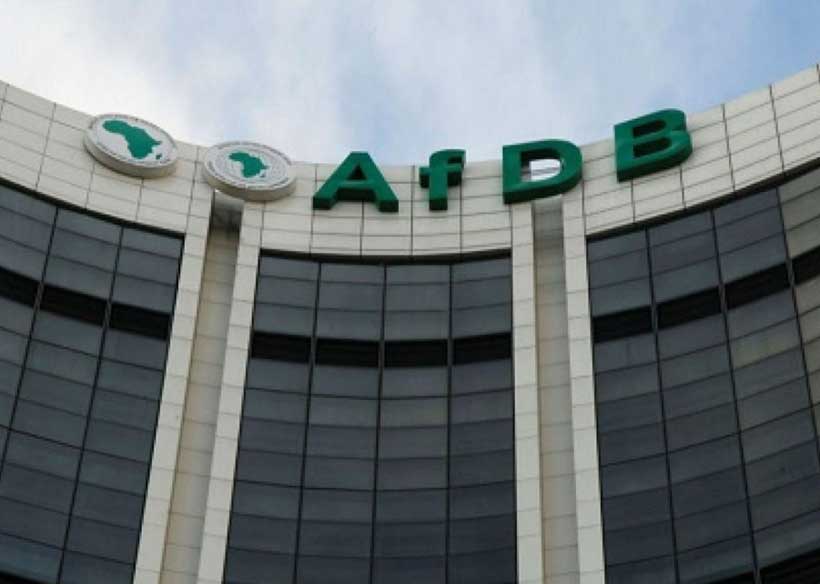Somalia and AfDB Address Project Challenges at 2025 Portfolio Review in Nairobi
“The Federal Government of Somalia remains committed to collaborating with the Bank and other stakeholders to address the challenges in the portfolio,” said Umar.

- Country:
- Somalia
In a concerted effort to strengthen the performance of ongoing development initiatives, the Federal Government of Somalia and the African Development Bank (AfDB) concluded a pivotal weeklong Country Portfolio Performance Review on July 17, 2025, in Nairobi. The sessions sought to enhance the efficiency, impact, and accountability of the Bank’s $245.7 million active portfolio in Somalia, currently spanning 22 projects across multiple sectors.
A Call for Stronger Project Delivery
The review was convened amid growing concern over lagging project implementation and declining disbursement rates. Saleiman Umar, Director General of Somalia’s Ministry of Finance, delivering remarks on behalf of Finance Minister Bihi Egeh, underscored the urgency of reversing this trend. He called for more robust performance management practices across project implementation units (PIUs), improved coordination, and deeper contextual understanding from AfDB teams.
“The Federal Government of Somalia remains committed to collaborating with the Bank and other stakeholders to address the challenges in the portfolio,” said Umar.
His remarks highlighted persistent implementation bottlenecks such as weak procurement capacity, slow disbursement cycles, and limited familiarity with evolving Bank procedures—all of which are being addressed through the AfDB’s strengthened capacity-building efforts.
Importance of Review and Fiduciary Oversight
Bubacarr Sankareh, East Africa Lead Operations Advisor for the AfDB, speaking on behalf of Regional Director General Dr. Alex Mubiru, emphasized the review’s critical role in generating practical, actionable solutions.
The Country Portfolio Performance Review brought together over 100 stakeholders, including representatives from Somalia’s executing and implementing agencies, civil society organizations, development partners, and AfDB staff. The event offered a platform to jointly evaluate operational progress and propose corrective interventions for project challenges.
Running parallel to the main review, a fiduciary clinic held on July 16–17 delved into technical topics such as procurement, financial reporting, disbursement procedures, anti-corruption safeguards, and project communications. The clinic was designed to improve adherence to Bank standards while empowering project staff to execute their mandates more effectively.
Valuable Insights for Implementers
Participants found the review and the clinic especially informative. Fatuma Faisal, an accountant with the Statistics Development Support Project at the Somali National Bureau of Statistics, shared that she gained “a lot of information relating to our projects and the guidelines to follow when implementing them.”
Dahir Warsame, a procurement consultant at the Ministry of Finance, praised the opportunity to directly interact with Bank officials and other PIU members. “The sessions provided an important platform for exchange of ideas and better understanding of the fiduciary responsibilities required by the Bank,” he noted.
Strategic Investment in Somalia’s Development
Somalia’s partnership with the African Development Bank dates back to 1964. Since then, the country has received financing for 69 projects totaling approximately $698.95 million. While recent years have seen improvements in political stability and institutional rebuilding, project implementation continues to face systemic hurdles such as insecurity, staff turnover, and weak public sector capacity.
The current active portfolio places a strong emphasis on infrastructure development, particularly in transport, energy, and water supply, in addition to key interventions in agriculture, social development, and financial sector strengthening. The Somali government views infrastructure-led growth as essential to stabilizing the country, generating employment, and boosting regional integration.
Adapting to New Operational Standards
This 2025 review marked the first standalone performance review since 2023 and the first to integrate AfDB’s revised operational and fiduciary guidelines, approved in 2024. The updated frameworks promote results-oriented planning, risk-based management, and increased stakeholder involvement. The goal is to enhance delivery by streamlining compliance, building institutional capacity, and increasing disbursement efficiency.
A Collaborative Path Forward
As Somalia continues to rebuild from decades of conflict and institutional fragility, the collaboration between the AfDB and the Somali government remains critical. Both parties have reiterated their commitment to enhancing transparency, accelerating project delivery, and promoting sustainable development outcomes.
By focusing on institutional strengthening, Somalia aims to ensure that development financing translates into tangible benefits for its people—paving the way toward resilience, growth, and self-reliance.
ALSO READ
Tripura: Leading the Way in Governance Reform and Digital Innovation
Karnataka Launches Anti-Corruption Helpline Amid UPI Bribery Scandal
Zelenskiy Moves to Fortify Ukraine's Anti-Corruption Framework
Ukrainian Anti-Corruption Agency Faces Crackdown Amid Allegations
Starmer and Zelenskiy Unite for Anti-Corruption in Ukraine










